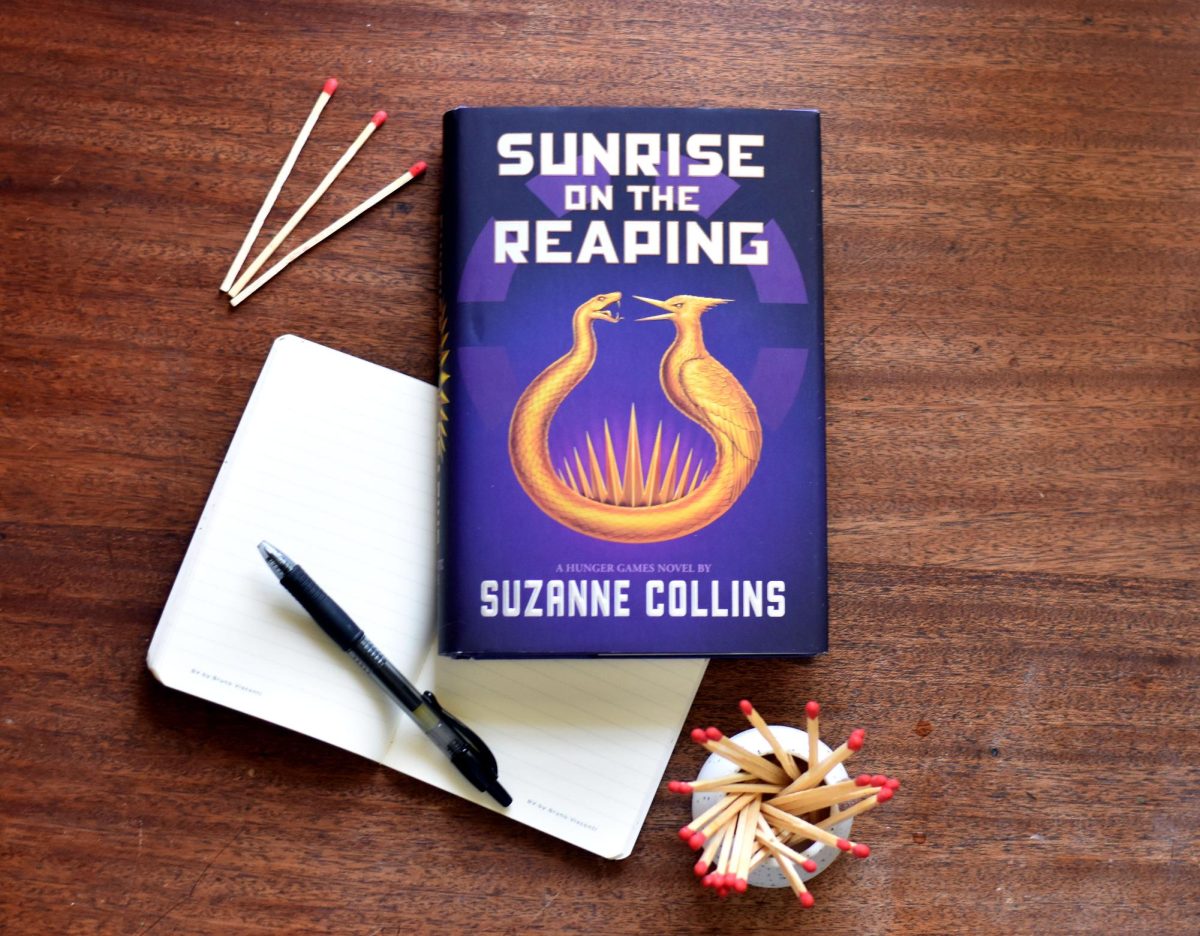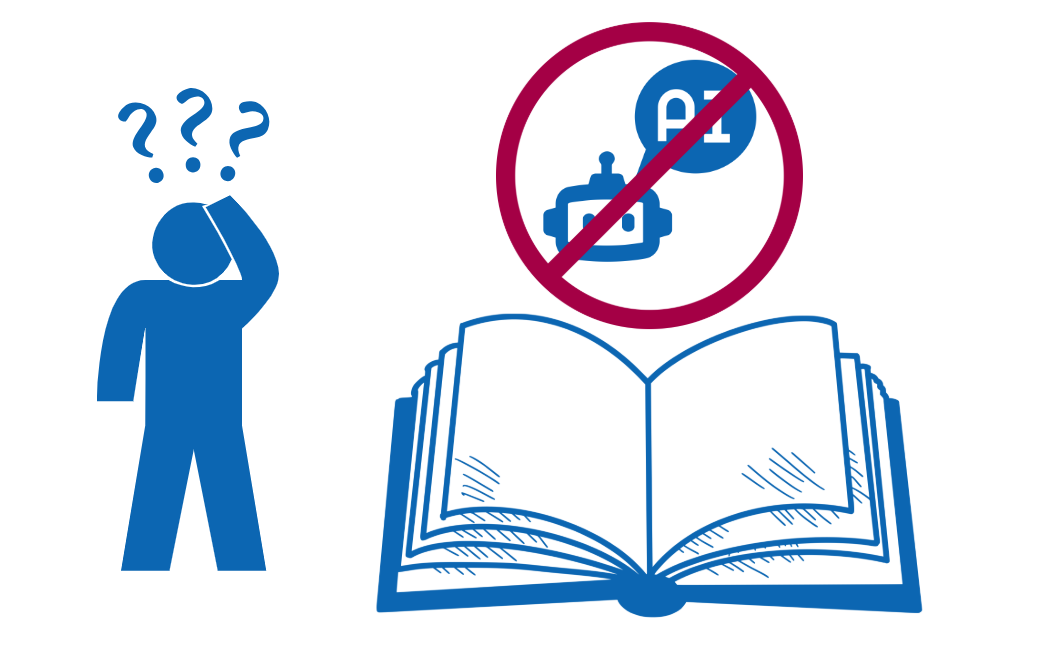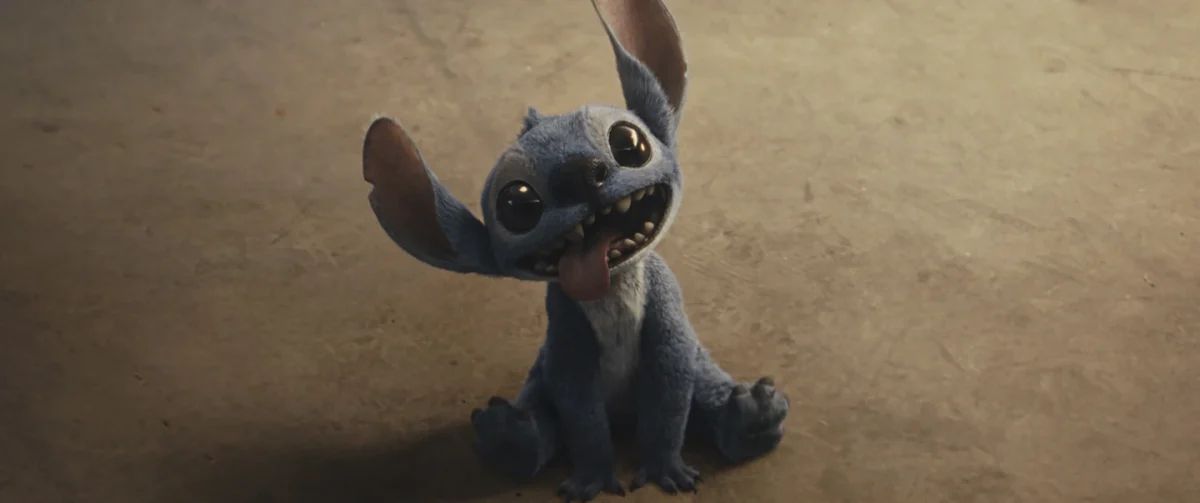“They will not use my tears for their entertainment.”
When I first heard this quote as a teaser for the newest Hunger Games prequel, set after “The Ballad of Songbirds and Snakes” and before the first book of the trilogy, I was ecstatic.
I’ve been a fan of Suzanne Collins and the Hunger Games trilogy since I was a young girl, waking up with my lamp still on, book haphazardly strewn across my face, signifying I had yet again fallen asleep while reading.
My love for the Panem universe was only amplified with the incredible addition of “The Ballad,” essentially a backstory on President Coriolanus Snow. I had never seen a prequel done so skillfully before. I admire Collins’ ability to add onto her existing characters and universe without milking it, as do many authors such as Rick Riordan and J.K. Rowling. Though I love both of these writers’ original work, I am exhausted at watching authors desperately cling to fame from a series they wrote ten years ago, but she evades this stereotype.
While I know she had set the bar unrealistically high for me with the previous prequel, I still expected “Sunrise on the Reaping” to live up to my love for “The Ballad.” It’s safe to say that it most certainly did not.
“Sunrise on the Reaping” is set during the second quarter quell (50th) Hunger Games, where the rich members of the Capitol select a boy and girl from each of the 12 districts to fight to death in an arena as punishment for an uprising.
The twist? For the second quarter quell, double the number of children will be reaped. And in a rather unfair turn of events, Haymitch Abernathy (seen as a mentor for Katniss and Peeta in the original trilogy) is reaped, sent off to the Capitol and dropped into an arena to fight to the death.
After many attempts to sabotage the games, Haymitch ends up winning it all after the final tribute inadvertently threw her axe at the forcefield surrounding the area, causing it to rebound into her head.
Once Haymitch is returned to District 12 after his win, President Snow sees to it that his mother, brother and true love are all killed, leaving him in a state of depression that is picked up in the original trilogy, as seen in Haymitch’s snarky attitude and addiction to alcohol when mentoring the “modern” District 12 tributes.
Compared to the unorthodox first prequel focusing much more on Capitol life than the other books, this is a story we’ve seen before. The journey the novel follows with Haymitch is almost a scene-for-scene reenactment of what we saw Katniss and Peeta do in the first book.
One of the reasons I loved “The Ballad” so much is because the premise was wildly different, exploring one completely new character and one that is essentially a different person in the timeline of the novel.
To contrast that, in “Sunrise,” we see the all too familiar reaping into beautifying of the nasty tributes into interviews into training into games into blah, blah, blah. My biggest issue with this novel is that it’s not new, and didn’t add much to Haymitch as a character, unlike Collins did with Snow in “The Ballad.”
When I originally heard the novel would focus on Haymitch, I was thrilled. He’s always been one of my favorite characters, and one with lots of potential to be a great focus of a prequel. In the trilogy, we see him as a jaded alcoholic, the sole-living District 12 winner, who was far from helpful with Katniss and Peeta at the start.
While we got snippets of how his character came to be like this, there was so much potential for a magnification of his depression after the game. I would’ve loved Collins to dive much further into the aftermath of losing Haymitch’s family and love, and how that led him into deep depression and addiction. We get a tiny glimpse of his mental state where he’s rambling on and on in cryptic verse, but instead of being compellingly “crazy,” it was just boring.
For Haymitch being such a multilayered character in the trilogy, he came across as pretty flat for majority of the novel. Although he’s marketed as a “rascal” throughout as a strategy to attract sponsors, he’s neither mischievous or innocent enough to create a compelling personality. He felt completely separate from the Haymitch we’ve met before.
While I didn’t expect him to be as miserable as he is in the trilogy, the lack of his snark and sass really severed the connection between the old and young version of the character.
I could ramble on for hours about all the reasons “Sunrise on the Reaping” missed the mark for me, but it is important to recognize the timeliness of the novel’s commentary on government, propaganda and societal control. Reading has been and will always be political, and it certainly doesn’t stop at “children’s books” such as the “Hunger Games.”
In a political era where the Trump administration is filtering through federal databases to remove references to anything considered “DEI,” in many cases rewriting history. An extreme example of this was the rewriting (has since been restored due to intense backlash) of the page about Harriet Tubman and the Underground Railroad to remove any mention of slavery and instead emphasized the interworking of both White and Black Americans.
“Sunrise on the Reaping” is a perfect criticism of governmental control on what information is read, spoken and seen. The practice of punishing the districts for years after a revolt that many weren’t alive to see showcases just one of the many ways the Capitol is a corrupt, unjust and classist government. The poor are disenfranchised. Protests and backlash are stifled. Power remains with one leader without elections. History is rewritten.
While the rewriting of a federal government history page may seem minor now, by observing totalitarian governments depicted in books like the “Hunger Games”, “1984” and “Fahrenheit 451,” we can be warned just how dire the situation may get. These dystopian books are not a guide; they are a warning.
But while it is an appropriate political commentary, the book is still incredibly disappointing. If you’re looking for similar themes, I implore you to read the original trilogy; it’s essentially the exact same story but with infinitely more interesting characters.
“Sunrise on the Reaping” earned a 3.5 star rating on my Goodreads profile.








